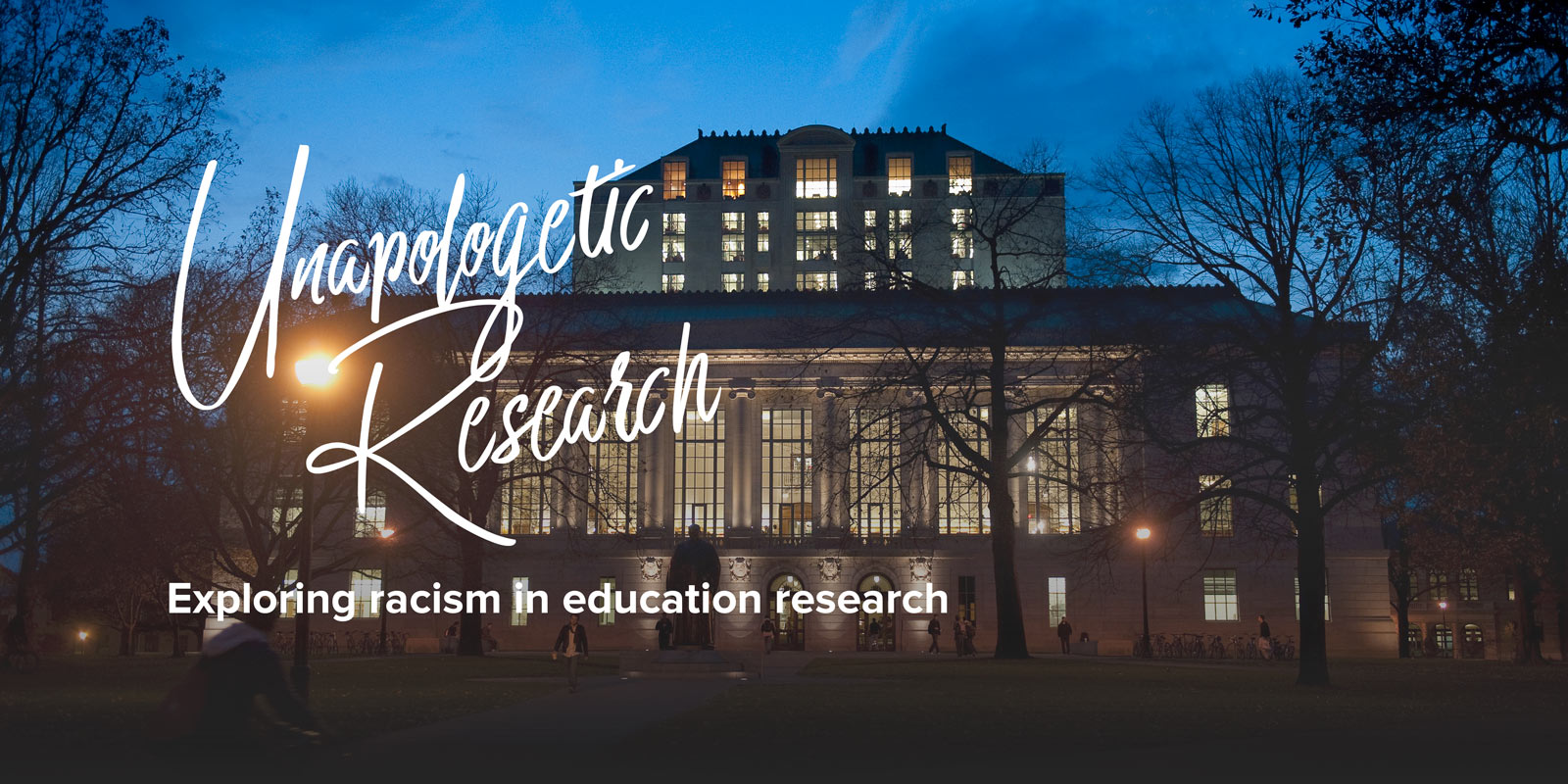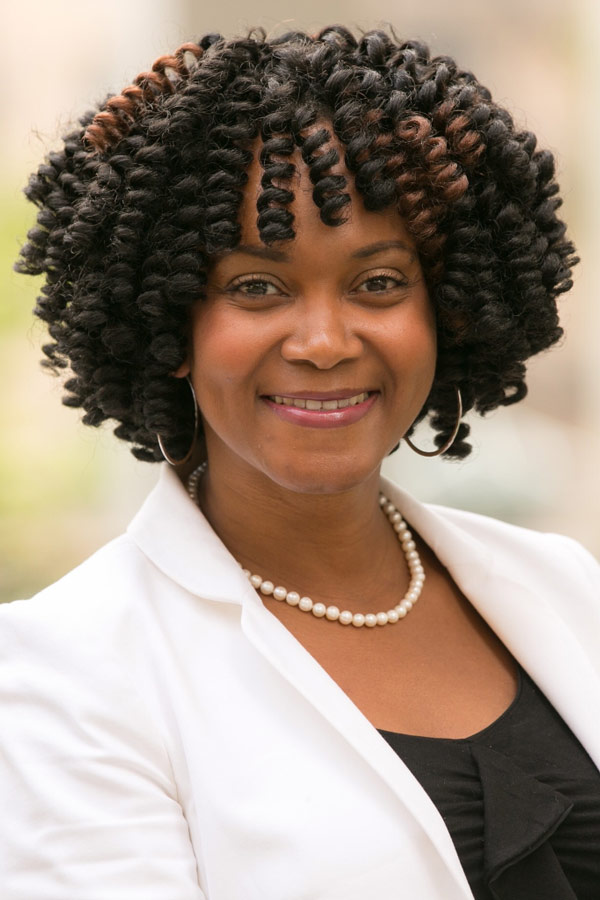
Alumna details using critical perspectives to inform inclusive, anti-racist research and practice
If you want to examine how research and policy can perpetuate racial inequity, there might be no better place to look than on college campuses.
Joy Gaston Gayles, ’02 PhD, is nationally recognized for her scholarship on intercollegiate athletics, as well as women and people of color in STEM. The North Carolina State University professor and senior advisor for the advancement of diversity, equity and inclusion will kick off the second series of Ohio State’s Unapologetic Educational Research: Addressing Anti-Blackness, Racism and White Supremacy, Feb. 4 at 3 p.m. EST.
The series is hosted by the College of Education and Human Ecology’s Department of Educational Studies and QualLab.
“If we’re not careful, we as researchers and policymakers can become passive participants in producing research findings, policies and practices that perpetuate inequitable systems and oppressive structures,” Gayles said.
“Dr. Gayles is a national leader committed to social justice research, practice and policies that make concerted change,” said Penny Pasque, professor and director of qualitative methods for Ohio State’s College of Education and Human Ecology, which hosts the series. “Her substantial intellect and commitment to social change runs deep.”
Gayles also edited and co-wrote the Critical issues for student–athletes: Going behind the invisible wall. One chapter by scholar Eddie Comeaux examines how Black, male athletes are stereotyped and experience hyper-surveillance when universities track their class attendance.
“Context matters. It’s unethical to have practices that perpetuate racism in intercollegiate athletics, especially when we tout values that reflect the importance of diversity, equity and inclusion,” she said. “We’re supposed to be spaces where that doesn’t happen. But here we are, doing it in our everyday practice. We have to use what we know to inform practice.”
The same applies to research. Dangers arise when investigators overlook context that disproportionately marginalizes people based on their social identities, Gayles said. Inclusive research centers experiences of people with identities and challenges outside the “norm.”

“We have a responsibility to not ignore context,” she said. “If we want to make our work more expansive and more inclusive, then we have to consider the ways racism and systemic oppression are embedded within all segments of society. Critical theories have a way of helping us see what often goes unseen.”
Critical theories aim to disrupt narratives and breakdown social structures — policies, networks, ways of doing — that discriminate against and oppress people. Science, it turns out, is one of the greatest offenders. The approach seeks to correct that error by applying context and perspective to the pursuit of knowledge.
“Critical theories and perspectives give researchers tools to ‘see’ what is often unseen, dismissed and harmful to all of us,” Gayles said.
Gayles’ 60-minute online session will detail dangers that arise when researchers fail to apply critical perspectives. The professor of higher education will challenge researchers to take risks that disrupt the status quo to inform better research, policies and practices that are more equitable and just.
“If we’re going to take an anti-racist approach, part of that is challenging the systems that are rooted in racism and oppression,” Gayles said. “You can’t do that if you don’t challenge the norm because everything that is considered normative is rooted in privilege and power.”
In education, those systems can include everything from standardized testing for K-12 students to tenure and promotion policies at universities.
“The tenure and promotion system, for example, was designed for white males,” Gayles said. “Colleges and universities put a lot of effort into recruiting diverse faculty, yet there is not much focus on retaining them. How can we truly diversify faculty if we still have policies that are rooted in oppression?”
Gayles received her doctorate in 2002 from Ohio State’s then-College of Education, and was a part of a program that mentored graduate students of color. Built by former associate dean Cynthia Dillard, the initiative sought to demystify academia while preparing Black doctoral students to enter academia.
“The program gave us a sense of community and prepared us in ways that I didn’t realize at the time,” Gayles said.
Even then, Dillard and others were innovating in ways that challenged the status quo. Gayles has committed to continuing the charge.

